Chair of the IMO NCHD committee Dr Rachel McNamara outlines the pivotal role of doctors’ unions in modern healthcare
I will be the first to admit that topics, such as industrial action, contractual rights, and entitlement breaches are rarely at the top of anyone’s dinner party conversation list. You don’t hear anyone writing songs about the Organisation of Working Time Act and top-rated podcasts rarely feature the latest hot take on industrial rights law (though they should!).
Trade unions are classically viewed as quite a boring topic. They are seen as fixed, static entities that are ‘just there’, and not worthy of much time or notice. Young working professionals (a description to which I still desperately cling) are far more likely to be operating a social media side hustle, sharing the latest viral opinion piece or starting a self-care blog, than to be gathering together to talk about their employment rights. Although there is huge merit to such endeavours, it seems that lately, it is far more socially important to stand out, rather than to row in. It is individuality that is valued and celebrated most in today’s society, much more vociferously than the slow, organised action of groups.
Common cause

Dr Rachel McNamara
Doctors, in particular, are even harder to bring together towards a common objective. We are pitted against each other from very early on in our careers, competing for Leaving Cert points, aptitude test scores, placements, schemes, and ultimately for posts. Suddenly to have shared goals and aspirations feel alien to us. After a point, it almost seems counterintuitive to unite and combine towards a common aim. Would we be giving up some invisible advantage? Are we letting someone pass us out?
As Chair of the IMO NCHD committee, I am not immune to the old ‘glazing over of the eyes’ when I start quoting lines from our contract or reference the latest dispute. And I get it, the nitty gritty of industrial law does not set many imaginations aquiver nowadays. Over the course of the last two years, however, I suppose you could say that I have been at the coalface of negotiating new terms and conditions with the HSE and the Department of Health (along with some excellent colleagues and the IMO secretariat). It is only in this time that I have truly come to know the incomparable benefit of unionising, the power of coming together, and how it is the only thing that, genuinely and consistently, works to bring about change.
NCHDs
It is not said nearly enough, but unions have done as much for the health service of this country as any government. Multiple studies have shown that improving healthcare workforce wellbeing has not only major benefits for the workers themselves, but also leads to improvements in the quality and efficacy of healthcare delivery. Every substantive improvement for NCHDs since the 1980s has been brought about through union-led industrial or legal action. The current contract and its protections around training time, confirmation around working hours and the insistence on payment for all hours were only achieved by the IMO taking the HSE to the High Court in 2009. Although European Working Time Directive compliance is still not a reality for many NCHDs, we have at least moved from a scenario of NCHDs working an average of 77 hours per week in 2009 to closer to 50 hours per week (2023). Indeed, it was the IMO again which, in 2013, demanded an end to shifts in excess of 24 hours, leading to a dramatic reduction of shifts of that duration.
Every substantive improvement for NCHDs since the 1980s has been brought about through union-led industrial or legal action
In 2017, the IMO reached a settlement, again through High Court action, to reinstate the living-out allowance, recognising the sacrifice that doctors make in moving away from their homes and families as a basic requirement of pursuing a career as a doctor. Up until December 2022, doctors were not guaranteed any paid educational leave as part of their job, despite continuous professional development being a mandatory component of registration and despite an almost annual requirement to pass some gateway exam or ancillary qualification. Again, it was our union that brought this issue forward and won this right for us.
The benefit of unions
I attribute the same importance to joining a trade union, as I do to voting in an election. Unions came into being during the industrial revolution as a means of protecting workers from factory conditions that adversely affected their health. Today, it is not harmful toxins on a factory floor that will harm doctors, but conditions continue to exist in our hospitals that have the potential to cause enormous harm to our workforce and our patients. The combination of dangerous overcrowding and inadequate rest is exceptionally destructive. Our medical trade unions stand against the defunding of our staff and services, producing a constant refrain to ‘think big’ and to do as much good as possible for staff and for patients.
A private sector employee would not dream of signing a contract before negotiating terms. If one plans to stay in the public sector, then your trade union is your sole bargaining chip for improved conditions and benefits. It is some of the most important money that I spend in the month, and the subscription pays for itself time and again. In a system where it feels at times that we have so little control, it is of vital importance that we cleave some back where we can. If you can afford to pay (and fees are carefully set at a rate of about 1 per cent of gross salary), then I would strongly encourage you to do so.
In Ireland, we are lucky to lay claim to many historical trade union juggernauts from whom to draw inspiration. Among them Louie Bennett, a suffragette and trade unionist, whose long life of public service led to many breakthroughs for workers and indeed for women, and who majorly contributed to securing a fortnight of annual paid leave for the whole working population in 1945. Let us build on the brave actions of our forebears. Let us keep the practice of striving for better at the core of not just our daily clinical work, but at the heart of the profession as a whole. Let joining a union be your ultimate act of self-care this year.
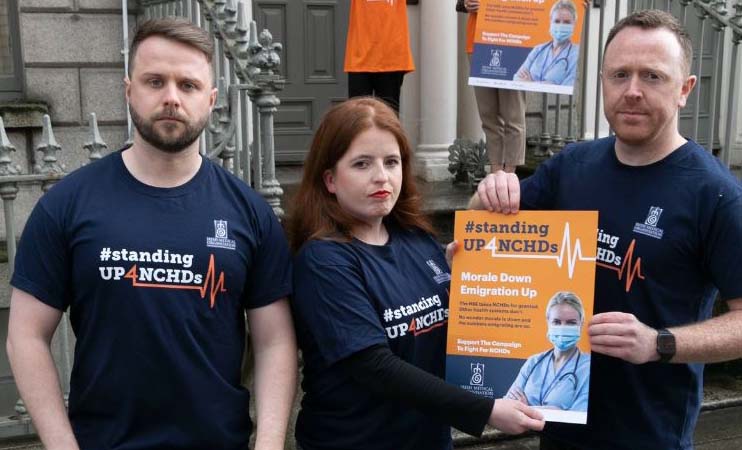
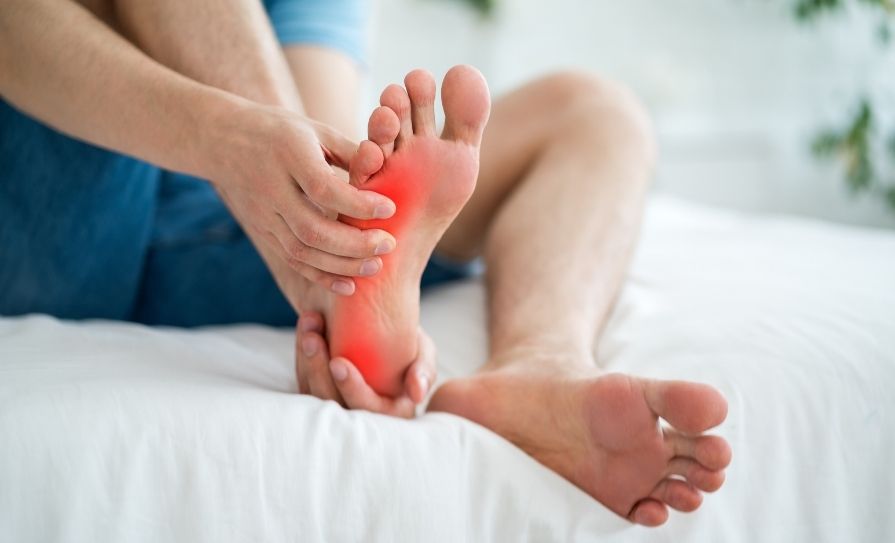
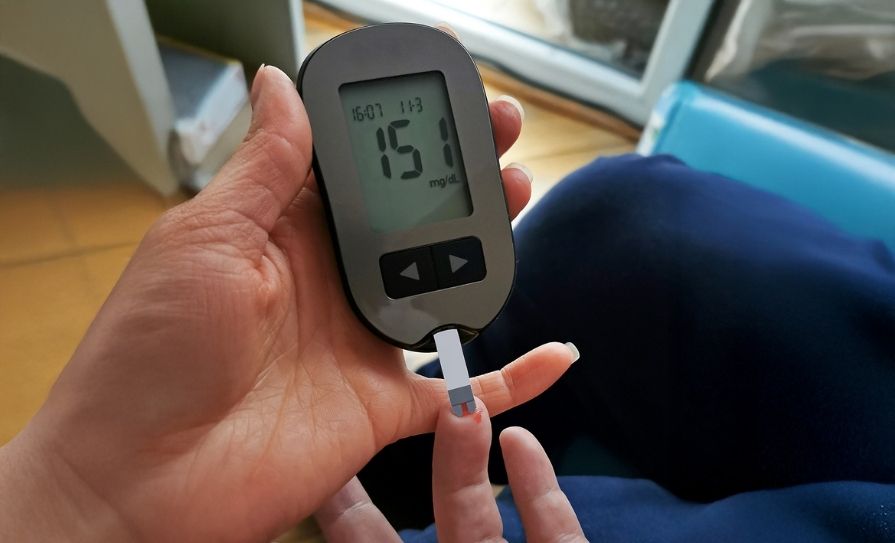
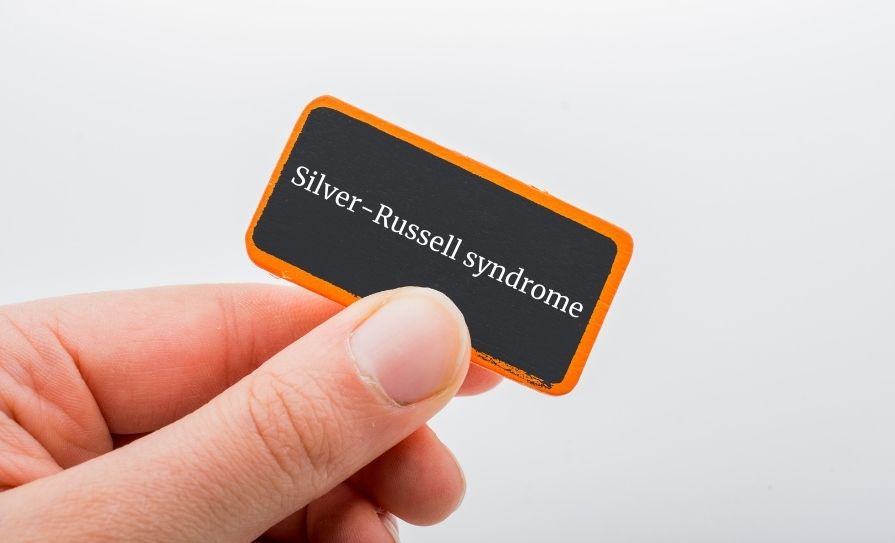

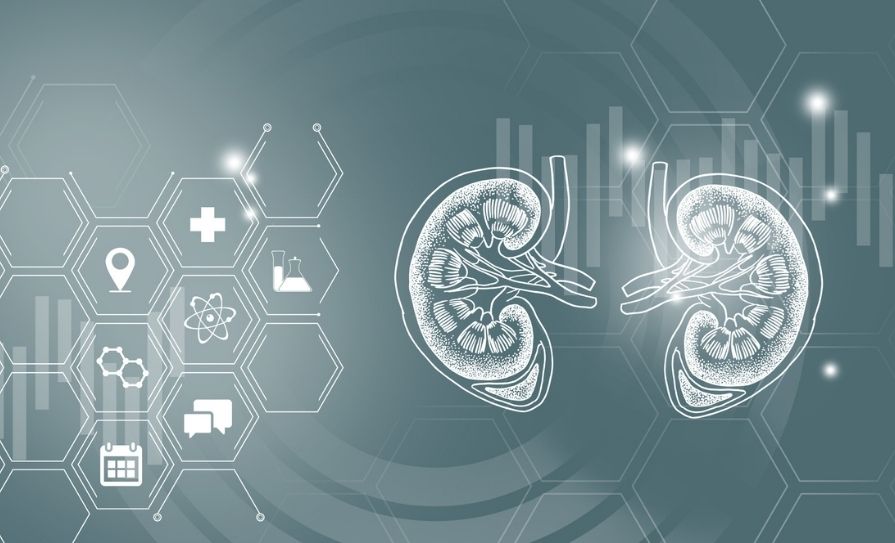







Leave a Reply
You must be logged in to post a comment.